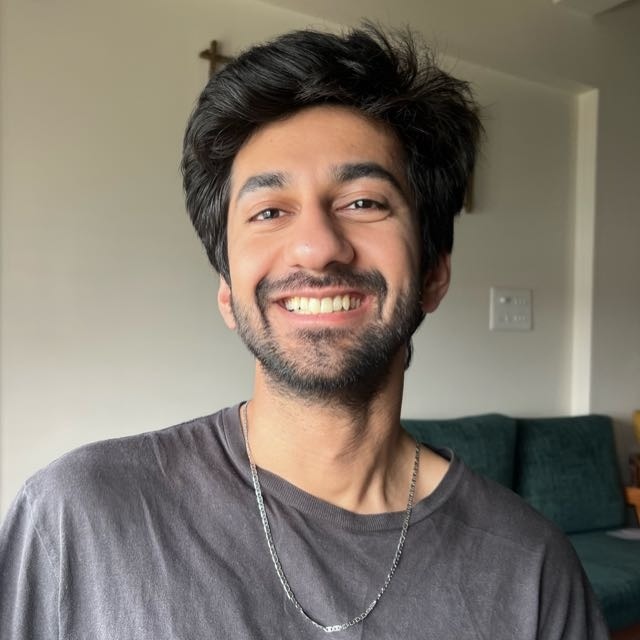Aniket Rege
Hello There!
I’m a Ph.D student in Computer Sciences at the University of Wisconsin-Madison, where I spend most of time thinking about heterogeneous preference learning and demographically diverse multimodal generative models. I am fortunate to be jointly advised by Ramya Vinayak and Yong Jae Lee.
Previously, I was an masters student at the University of Washington, Seattle where I worked with the RAIVN Lab advised by Prof. Ali Farhadi and mentored by Aditya Kusupati. My MS research focused on large-scale efficient and deployable machine learning (Matryoshka), visual representation learning, and web-scale search. I was research scientist intern from May - Dec ‘25 at Meta Reality Labs, working on long horizon reasoning for video understanding under Hyo Jin Kim and Yuning Chai.
I am also generally interested in computer vision, information retrieval, efficient+deployable ML, and personalization for generative models. If you are an undergrad or masters student interested in working with me, send me an email (I’ll do my best to reply)!
Reach me: aniketr[at]cs[dot]wisc[dot]edu
news
| May 10, 2025 |
⚕️CuRe is accepted as an oral at CVPR DemoDiv workshop! Update (06/25): CuRe is accepted at ICCV 2025! See you in Hawaii 🏖️☀️🌊 |
|---|---|
| Mar 21, 2025 |
I’ll be joining Meta Reality Labs this summer to work on multimodal contextual AI! Excited to be back in Seattle |
| Jun 18, 2024 |
PAL is accepted at ICML workshops: TF2M and MHFAIA (oral)! Update (01/22/2025): PAL is accepted at ICLR 2025! |
| Apr 29, 2024 | I gave an hour-long talk about Matryoshka Representation Learning at UW-Madison’s MLOPT Idea Seminar! |
| Feb 7, 2024 | I published a beginner-friendly blog about MRL following OpenAI’s training their new Matryoshka embedding models! |




